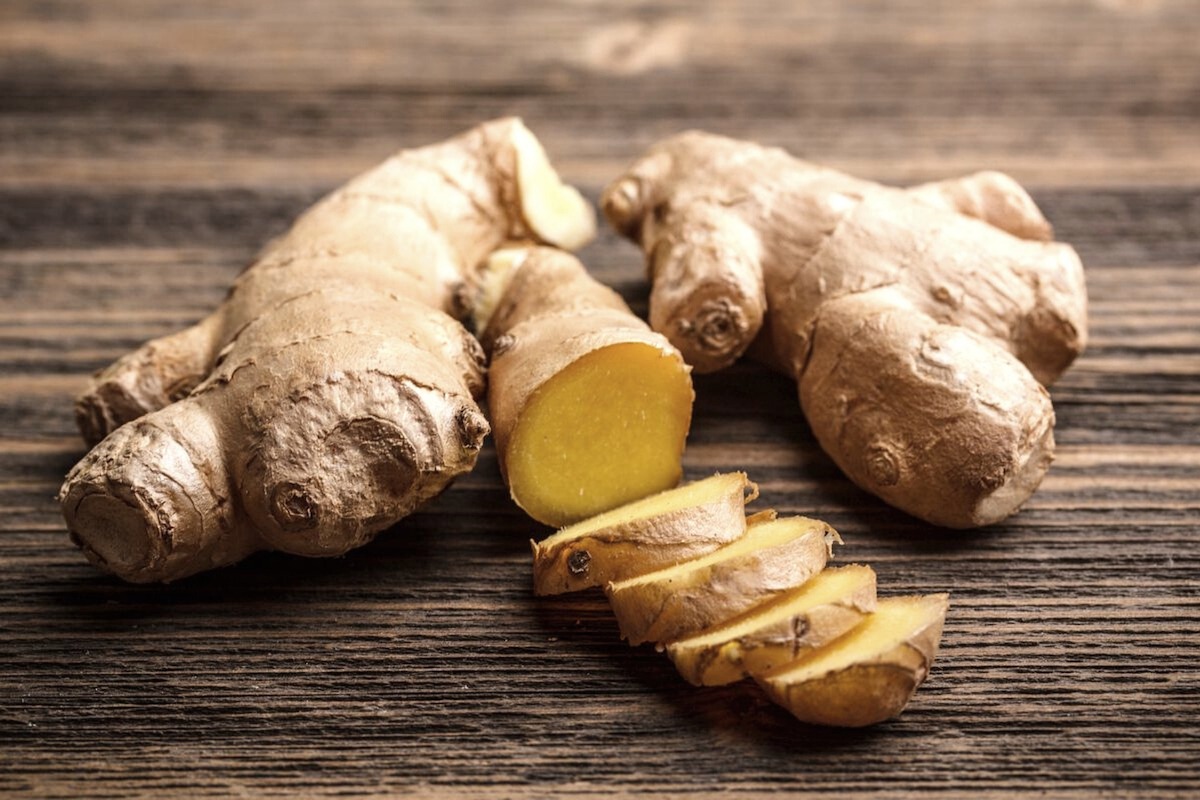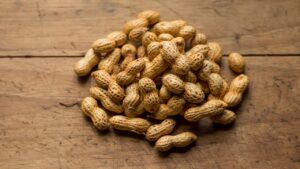Ginger, A Natural Anti-inflammatory Against Coughs, Colds, Sore Throats and Headaches
Against coughs, colds, and sore throats, there is a natural anti-inflammatory, very suitable for “surviving” the winter season unscathed: ginger! The properties that characterize it also allow you to alleviate headaches and control blood pressure and bad cholesterol.

A ready-to-use natural anti-inflammatory
First, what is ginger? It is an herbaceous plant commonly grown in tropical and subtropical regions. In extreme summary, it gives several health benefits, including:
- Improving digestion, stimulating the pancreas, and preventing digestive issues. You can make a soothing infusion with ginger, lemon, or mint. Furthermore, it takes care of our intestinal flora, a healthy gut microbiome, contributing to overall digestive well-being.
- Inhaling the vapors from ginger-infused steam can help with expectoration and relieve nasal congestion, which is ideal in case of sinusitis.
- It is antiemetic, which means it is beneficial for relieving nausea associated with traveler’s sickness, pregnancy, or chemotherapy treatments.
- Refreshes against bad breath and dry mouth.
- In the form of tea, it reduces menstrual pain.
- Also, with the help of a hot compress, it can effectively alleviate muscle pain, including lower back pain and muscle contractions. It is also beneficial for managing joint pain associated with conditions like arthritis and osteoarthritis.

Regarding daily dosage, if you’re using fresh ginger (rhizome), it’s recommended to consume between 3 to 10 grams. However, when using dried ginger (extracted or powdered), it’s advisable not to exceed 2 grams per day. In fact, excessive consumption can cause gastric issues like gastritis and even gastric ulcers, so moderation is key.
Ginger is a versatile ingredient in cooking, used as a spice in various forms: fresh, grated, sliced thinly, or dried and powdered. It can even be used as a substitute for chili pepper. It can add a unique aroma to hot chocolate, especially during colder months. Finally, ginger can be used as an essential oil extract, tincture, or capsule for medicinal use.

Be careful: some people should consume it with caution. Individuals with bleeding disorders, gallstones, or those on blood-thinning medications should also exercise caution due to ginger’s blood-thinning properties. Individuals with diabetes should be cautious, as ginger may lower blood sugar levels, and those on anticoagulant medications should consult their healthcare provider due to potential interactions. It’s essential for these individuals to seek personalized advice based on their health conditions and medications. Responsible and informed use of ginger is crucial for optimal health outcomes. If you have any concerns or doubts about using ginger as a natural anti-inflammatory, it’s advisable to consult with your doctor for guidance.





